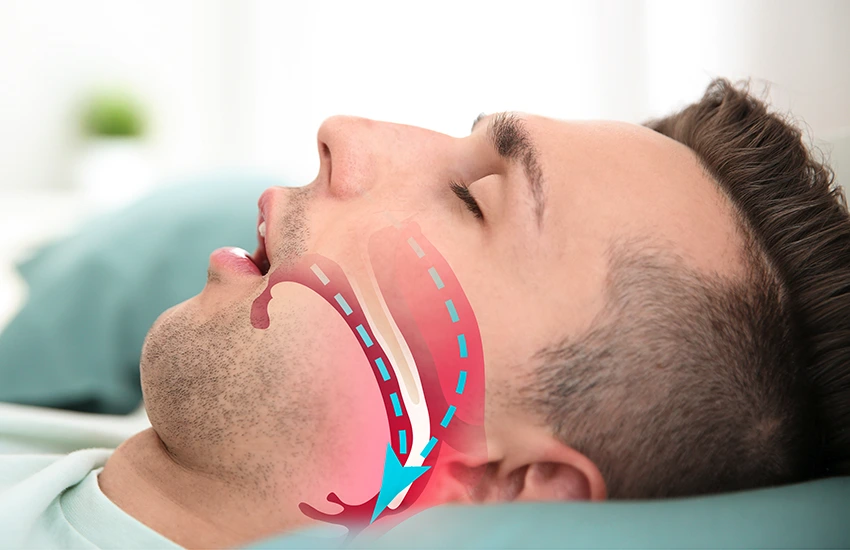Sleep surgery refers to a variety of surgical procedures that are performed to address sleep disorders, particularly obstructive sleep apnea (OSA). These surgeries aim to improve airflow during sleep by modifying the structures in the throat, nose, or mouth that may be obstructing the airway.
Some common types of sleep surgery include:
- Uvulopalatopharyngoplasty (UPPP): This procedure removes excess tissue from the throat, such as the uvula and part of the soft palate, to widen the airway.
- Genioglossus advancement (GA): This surgery involves repositioning the tongue muscle attachment to help prevent airway collapse during sleep.
- Septoplasty: This is done to straighten the nasal septum, which can improve airflow for people whose sleep apnea is caused or worsened by nasal obstructions.
- Tracheostomy: In more severe cases, a tracheostomy might be performed, creating a new airway through the neck to bypass the blocked throat area.
- Maxillomandibular advancement (MMA): This is a more extensive surgery that involves repositioning the upper and lower jaw to open up the airway.
These procedures are typically considered when non-surgical treatments like CPAP (Continuous Positive Airway Pressure) therapy or lifestyle changes (e.g., weight loss) have not been effective in treating the sleep disorder. The specific surgery performed depends on the individual’s condition and the root cause of their sleep issues.
If you or someone you know is considering sleep surgery, it's crucial to consult with a sleep specialist or a surgeon who can evaluate the case and recommend the most appropriate course of action.

